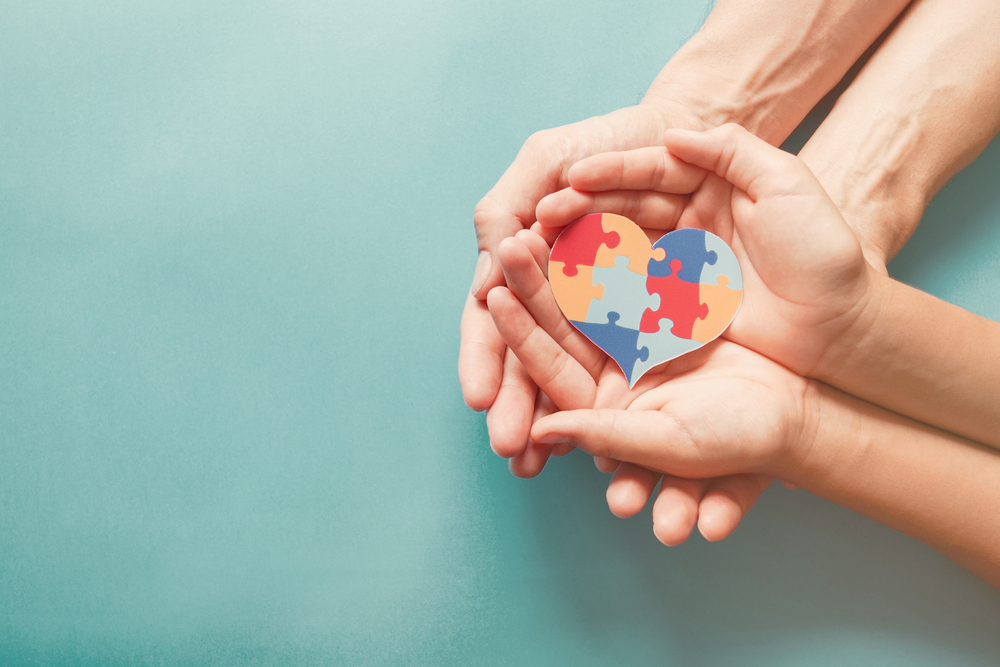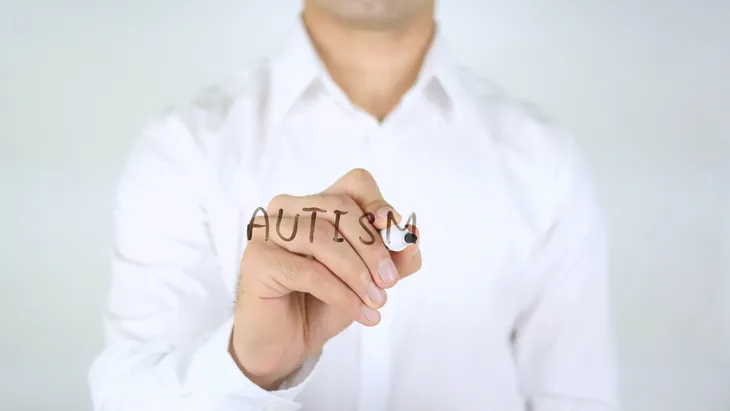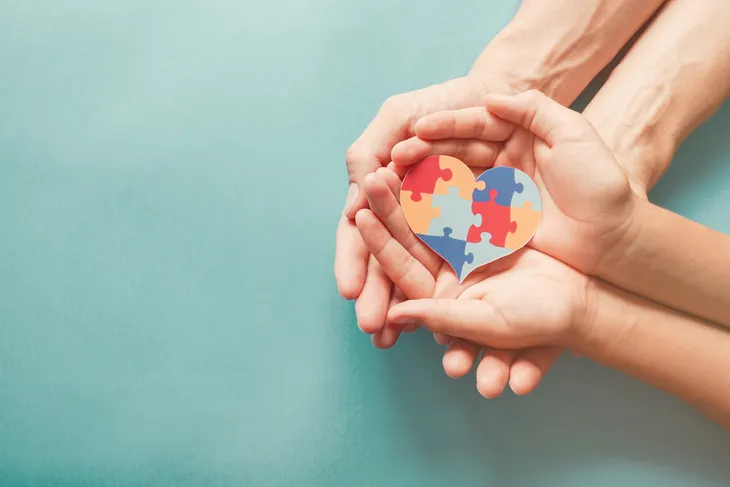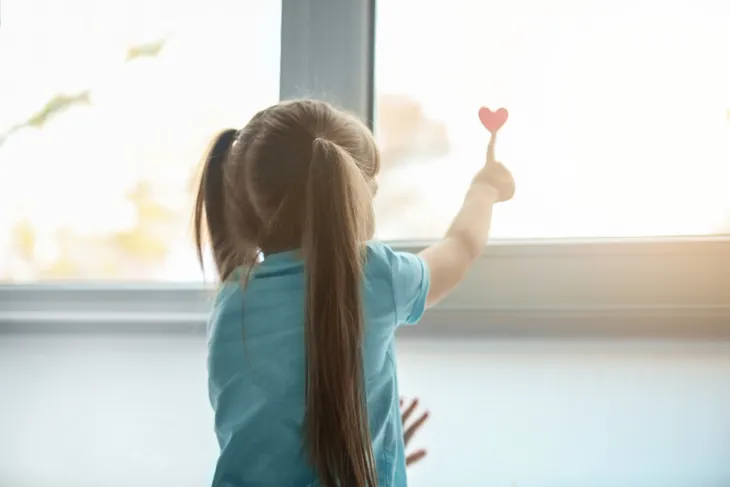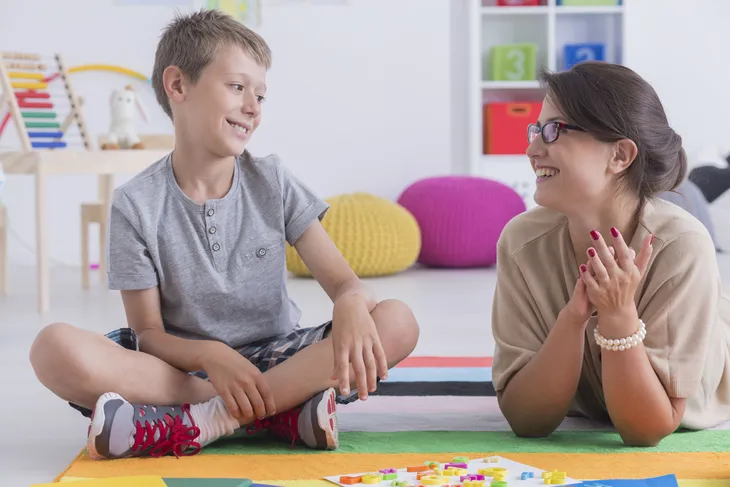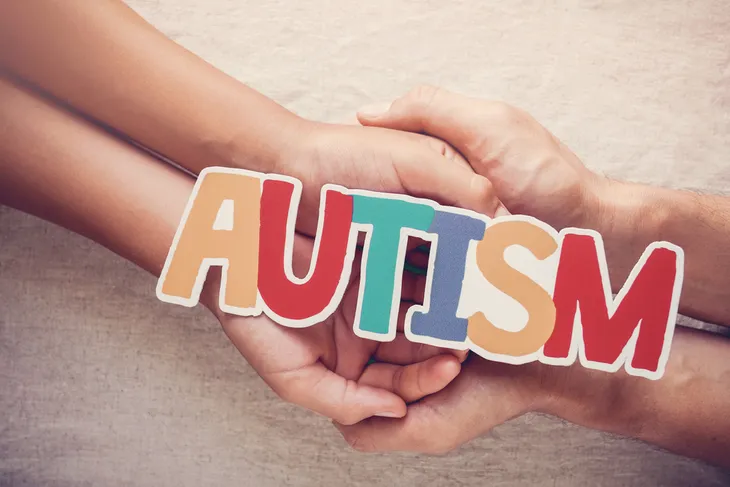Growing up, I didn’t know about autism. Over three decades ago, it was a term that was as foreign to us as the internet, smartphones, and social media. Even without the knowledge, I lived autism every day. You see, I am autistic and so was my little brother.
Back then, we were just considered “weird,” “strange,” and “shy.” Our mom had taken us to a multitude of doctors trying to find us the help and services we so desperately needed. It wasn’t until I was out on my own that my younger brother received his Autism diagnosis at age 10.
If I could go back even 10 years in time, there are many things I would want my twenty-something self to know about autism. More than that, there is so much I wish I could tell the many psychologist and psychiatrists we would see in the coming years about autism.
Autism Diagnosis
Fast forward to now, I am a happily married mom of four amazing children. Within our home, we have four autism diagnosis—all three of my biological children, and myself. My autism diagnosis came at age 33 after my children received their diagnoses. While my son received his diagnosis at 23-months-old, my daughters did not receive theirs until ages 8 and 11.
With modern medicine and understanding of psychology, early autism diagnosis are possible. These diagnoses now happen as early as 18-months-old, and the early interventions can be life-changing for so many. So, one would think that my family’s story would be something only seen in the past.
Now that I understand autism, for myself and my family, I have spent many years working with other families to help them receive the resources and support they need. While there are many stories of early diagnosis, there are just as many late ones.
As we are in autism awareness month, it is the perfect time to share the many things I want people to know about autism. While there are countless things, these are the ones that I feel are most important to change perspective. Knowing these few things will help provide autism acceptance and reduce the stigma families feel about pursuing a possible autism diagnosis.
Autism Doesn’t Have a Look
Oh, how I wish I had a nickel for every time someone said: “Oh, they don’t look autistic.” The first thing I want people to know about autism is that it does not have a look.
I feel that most people that utter this phrase mean it as a compliment. While their intentions might be well-intended, this phrase is demeaning in so many ways. To many, saying that phrase feels as though you do not believe their autism or that autism is only that of the most visibly severe.
Autism is a spectrum disorder and presents differently in everyone. While some may be nonverbal, there are just as many that can speak but struggle to communicate.
For those that are nonverbal and hear this phrase, it is even harder. I have parents that wish for nothing more than to here “Mom,” “Dad,” or “I love you” from their children.
Having any type of invisible illness is extremely trying on the individual and their family. When they hear this phrase, it feels as though their entire journey and struggles are being dismissed. While well-intended by many, “Oh, they don’t look autistic” is one of the most hurtful phrases that parents of autistic children can hear.
Autism Affects Girls too!
The next thing I want people to know about autism is that it is nondiscriminatory. The reason my daughters and I went so long without a diagnosis was solely due to our gender. Even the psychologist did not consider that to be a possible diagnosis because we were girls.
Our daughters received general diagnosis codes since the doctors did not know what was going on. Before our proper diagnosis of autism, we were told the girls had a General Mood Disorder, Anxiety, and ADHD. I was also wrongly diagnosed with Conversion Disorder, Chorea, and Bipolar Disorder.
This lack of knowledge, even by the professionals, led to us receiving a late diagnosis and missing out on crucial early interventions. It also led to countless years of bullying, reduced education, and depression for all of us.
Nonverbal does NOT mean They have Nothing to Say
The final thing I want people to know is just because someone is nonverbal, does not mean they have nothing to say. Nonverbal only means that they are not able to communicate through spoken word.
I have been blessed to meet many autistic children and adults who are nonverbal. Through modern technology, they are able to use different devices and apps to speak.
Watching the journey of someone discovering their voice is one of the most amazing experiences in life. I have seen little ones using apps to speak at ages four and five. I’ve seen these same children choose to spell to communicate instead of just click a picture.
I have also met an amazing young man who, as an adult, writes his own blog about his journey finding his voice. While I haven’t been there for his journey, reading his words has brought so much inspiration. He has graduated from high school, voiced his faith, became a motivational speaker, and continues to inspire others every day.
As you can see, nonverbal does not mean that they have nothing to say. Nonverbal just means changing how you communicate, because they have spent a lifetime learning to communicate with the world. So when you want to speak to them, talk to them and not their caregiver. They are listening and want nothing more than to have a conversation with you.
What I Want People to Know about Autism
I hope these words resonate with you because, together, we can change autism awareness to autism acceptance. When people know more about autism, the stigma for parents, and autistic individuals to hide their stories goes away. Children can receive an early diagnosis, and adults can find acceptance within their communities.
